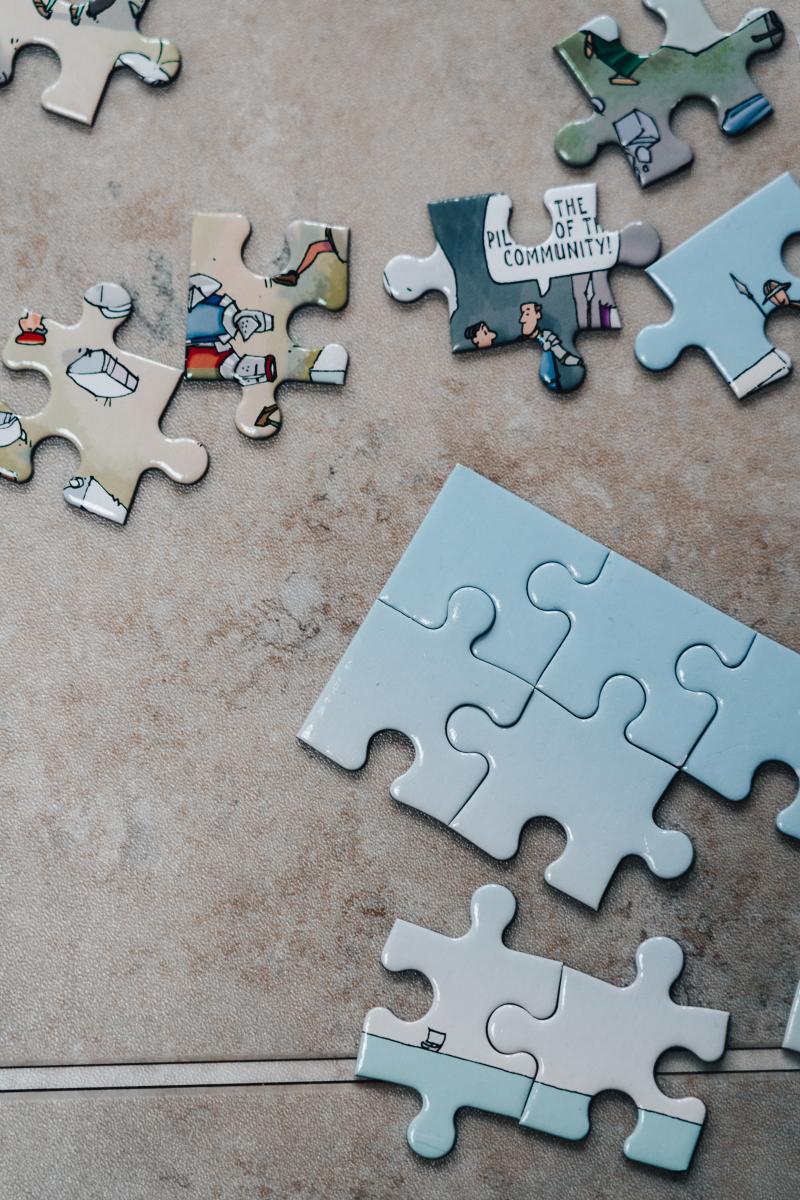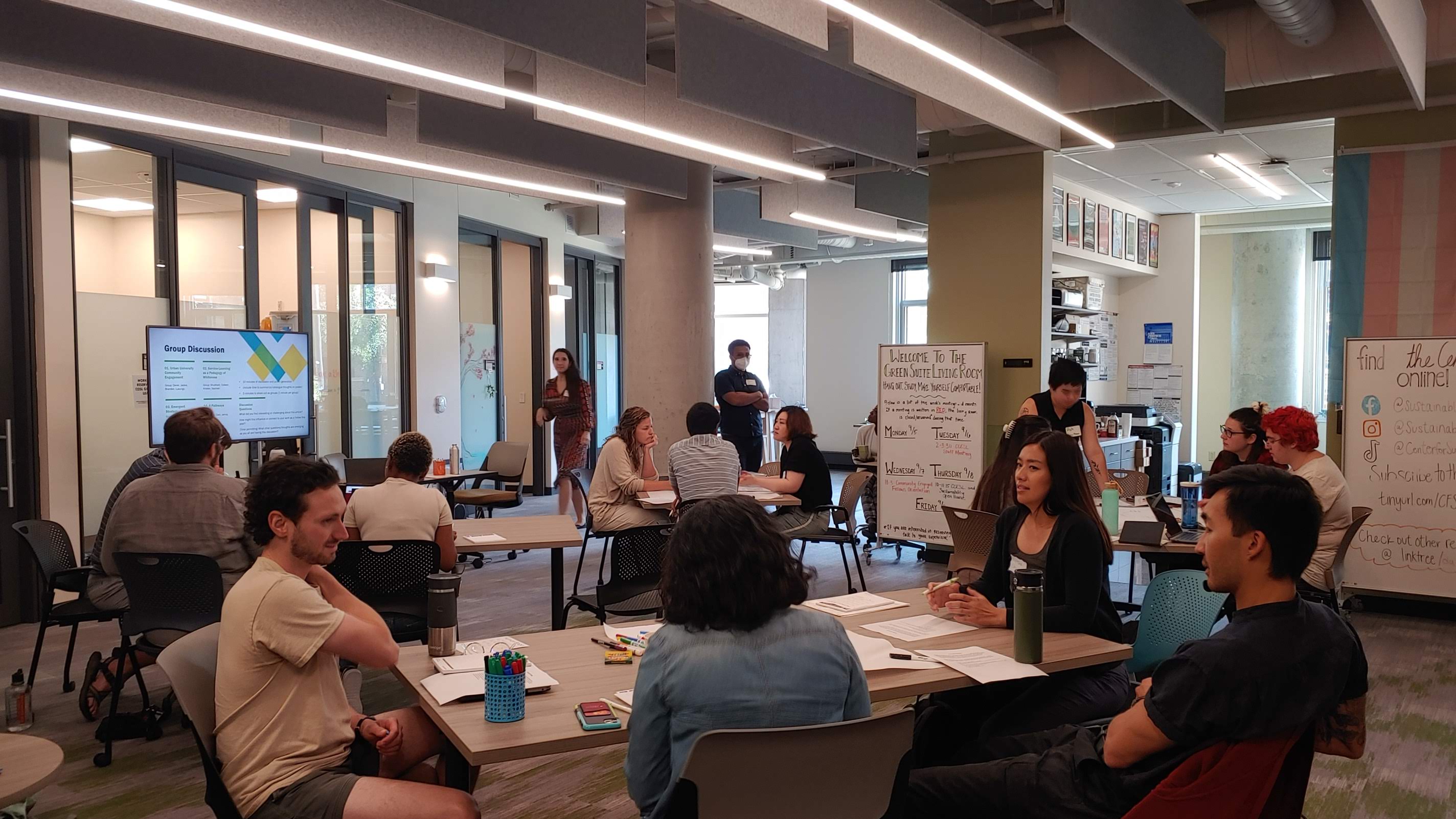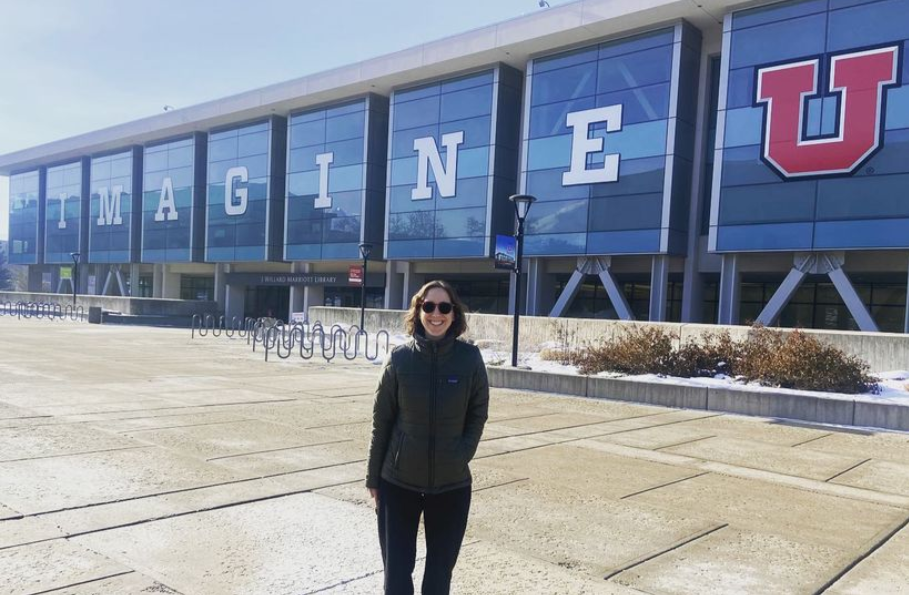Relationships as a Sign of Hope
By John Macikas, PhD Student, Higher Education, Morgridge College of Education

As I began my doctoral career, I knew that student curricular and cocurricular work with communities to engage social justice issues was an essential part of higher education’s mission. Yet, I was less familiar with the nature and process of community-engaged scholarship and research. My previous experience as a Community-Engaged Fellow in CCESL did much to expand my vision, and I now have the opportunity to support students who are pursuing community-engaged research in my current role as Student Programs Manager. Yet, there is still much for me to learn about community-engaged research as a graduate student, and the Graduate Community of Practice served as an important space to expand and develop my thoughts in a supportive community.
Indeed, what I most appreciated from our time together this year was the opportunity to hear from other people’s experiences and to hold space to talk about questions and issues related to community-engaged scholarship. For example, one colleague shared about her work with communities and a framework they developed for having important conversations related to values, identities, and power that I can use in my own community partner relationships. Other colleagues shared an article about public dissemination and the challenges with wanting to publish results for seeking academic positions. With colleagues of diverse disciplinary backgrounds and prior experience in community engagement, we were able to ask hard questions and explore important issues, and the most important takeaway I had was the importance of relationships in community-engaged research.
Throughout the meetings that we had this year, the theme of relationships came up regularly. Community-engaged research brings up important issues about ethics, involvement, navigating power, and benefit to communities. Yet, we kept coming back to the importance of honoring the relationship, practicing open communication, and working through conflict and issues together in your community-engaged research. Additionally, these practices required reflexivity on my own identities and positionality as someone working within the higher education system. Amidst all the complexity, I came to the realization that if I regularly focus on the quality of my relationships, then I am on the right path. Together, community relationships and supportive relationships with others pursuing community-engaged scholarship gives me hope.
The question of hope was raised in one of our gatherings. Was there hope for academia to undertake scholarship focused on social justice in collaboration with communities—versus maintaining the status quo? While the history of higher education is interwoven with oppression and inequality, I think that the presence of university and community relationships gives me hope. Specifically, spaces like the Grad Community of Practice, CCESL, and IRISE have served as examples of what people can do and create as they pursue social justice with different communities. While community-engaged approaches to scholarship may not be pervasively accepted or adopted at most colleges and universities, the growing presence of groups and networks who are committed to leading change is a sign of hope for the academy. Moreover, my focus on relationships in which we can work together for the benefit of communities is another sign of hope. With appropriate relational supports like the Grad Community of Practice, I can envision myself contributing to these spaces and making an impact in my career through promoting community engagement.

